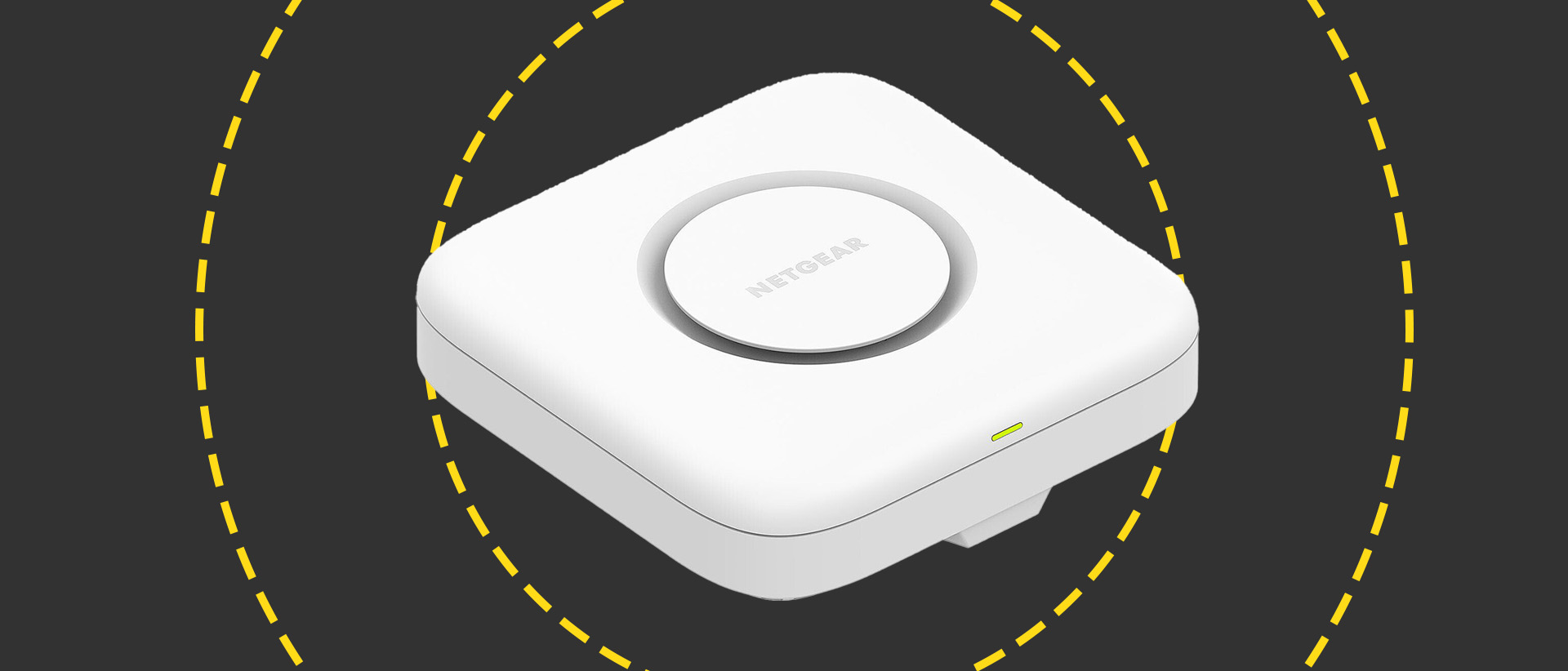Robots, AI and Alexa to transform NHS
NHS review calls for fresh education as 90% of NHS jobs will need digital skills within 20 years


Within the next 20-years, 90% of NHS jobs will require digital skills according to a report by the organisation looking into its future.
With advancements in technologies such as AI and robotics rapidly transforming surgery, diagnosis and even patient care, the report suggests that fresh education is required to keep up.
However, although automated technologies like robotics and AI are already being implemented into the organisation, the report suggests that most technologies will be enhancements, such as smart speakers like Alexa and Siri, which will ease the burden on doctors and give them more time with patients.
The report, commissioned by health secretary Matt Hancock, was led by US academic Eric Topol who called for fresh education for staff as 90% of all NHS jobs were predicted to require digital skills within 20-years.
"Over the next 20 years, three changes will inevitably happen," said Topol. "More and more people will have their genome sequenced; patients will generate and interpret much more of their own health data at home; and the speed, accuracy and scalability of medical data interpretation from artificial intelligence will grow exponentially.
"These developments will change patients lives, change how clinicians work and change how healthcare services are delivered. This is happening now and the NHS is ideally placed to take it further, faster and wider if we act to give our staff the skills and knowledge they need to make them the norm across the NHS."
In January, Hancock called on every UK GP practice to offer digital appointments within five years. The health secretary proposed that by 2023, online consultations could be standard, through services such as Skype or Google Hangouts.
Get the ITPro daily newsletter
Sign up today and you will receive a free copy of our Future Focus 2025 report - the leading guidance on AI, cybersecurity and other IT challenges as per 700+ senior executives
One of the interesting parts of the report, unlike many studies of the impact of technology on jobs, is that smart speakers are predicted to enhance the capabilities of the workers, rather than usurp them. Although a relatively fledgling tech, with slow uptake in the NHS, it has the potential to become a valuable tool for updating patient records.
By reducing the time doctors spend on paperwork, the evidence suggests that technology could save 5.7 million hours of GPs time across the country annually. The report also suggests that smart speakers are also a more versatile technology that can be used as "mental health triage bots", engaging in conversations while analysing text and audio for suicidal ideas and emotions.
However, history has shown that advancing technologies tend to disrupt jobs in the short-term, IT Pro has approached NHS digital for comment.
Bobby Hellard is ITPro's Reviews Editor and has worked on CloudPro and ChannelPro since 2018. In his time at ITPro, Bobby has covered stories for all the major technology companies, such as Apple, Microsoft, Amazon and Facebook, and regularly attends industry-leading events such as AWS Re:Invent and Google Cloud Next.
Bobby mainly covers hardware reviews, but you will also recognize him as the face of many of our video reviews of laptops and smartphones.
-
 The UK government wants quantum technology out of the lab and in the hands of enterprises
The UK government wants quantum technology out of the lab and in the hands of enterprisesNews The UK government has unveiled plans to invest £121 million in quantum computing projects in an effort to drive real-world applications and adoption rates.
By Emma Woollacott Published
-
 Netgear WBE710 review
Netgear WBE710 reviewReviews The compact WBE710 delivers great cloud management features and a good turn of Wi-Fi 7 speed – but it does have a premium price tag
By Dave Mitchell Published